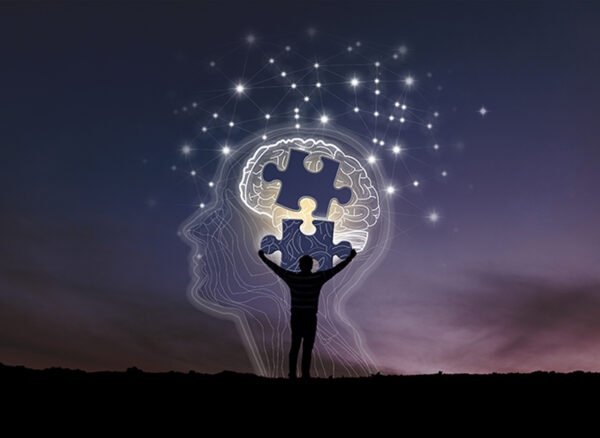Health Conditions That Cause Mood Changes in Elderly Individuals
We all have good days and bad days, and we are all entitled to a bit of negative thinking or crankiness occasionally. If you are taking care of a loved one who appears to have fallen into a routine of ongoing complaining and negativity, however, it is worth exploring whether a health problem may be…










